
Avast! Internet Security 8 review
Avast! 8 is the latest generation of avast!’s security range, and as usual it’s available in several different packages, from the basic avast! Free 8 to the do-everything Premier build.
If you just want solid, standard all-round protection, though, avast! Internet Security 8 could be the best option. It takes all the core security suite basics -- antivirus, browsing protection, firewall, spam filter -- and extends them further with some useful new tools, making for what seems to be an appealing mix.

openElement WYSIWYG HTML editor mini-review
We’re a little skeptical of “free” WYSIWYG HTML editors. Most are either outdated, too basic or packed with adware (and some manage to be all three). OpenElement claims to be different, though: ” a powerful next-gen HTML editor” with “no ads, no restrictions, no experience necessary”, meaning that a “professional and dynamic website is within reach to anyone with zero coding”. Sounds great, so we decided to take a closer look.
Installation is easy, and the program really doesn’t have any adware or other hassles. There is no commercial version, you don’t have to register, there are no nag screens or anything else. The “worst” we see is a tiny “Contribute” icon on the many window, so small and unobtrusive that you may not notice it for a week, and a suggestion on the “Publish” dialog that you use their partner for your hosting (but that’s easy to ignore, if you like).
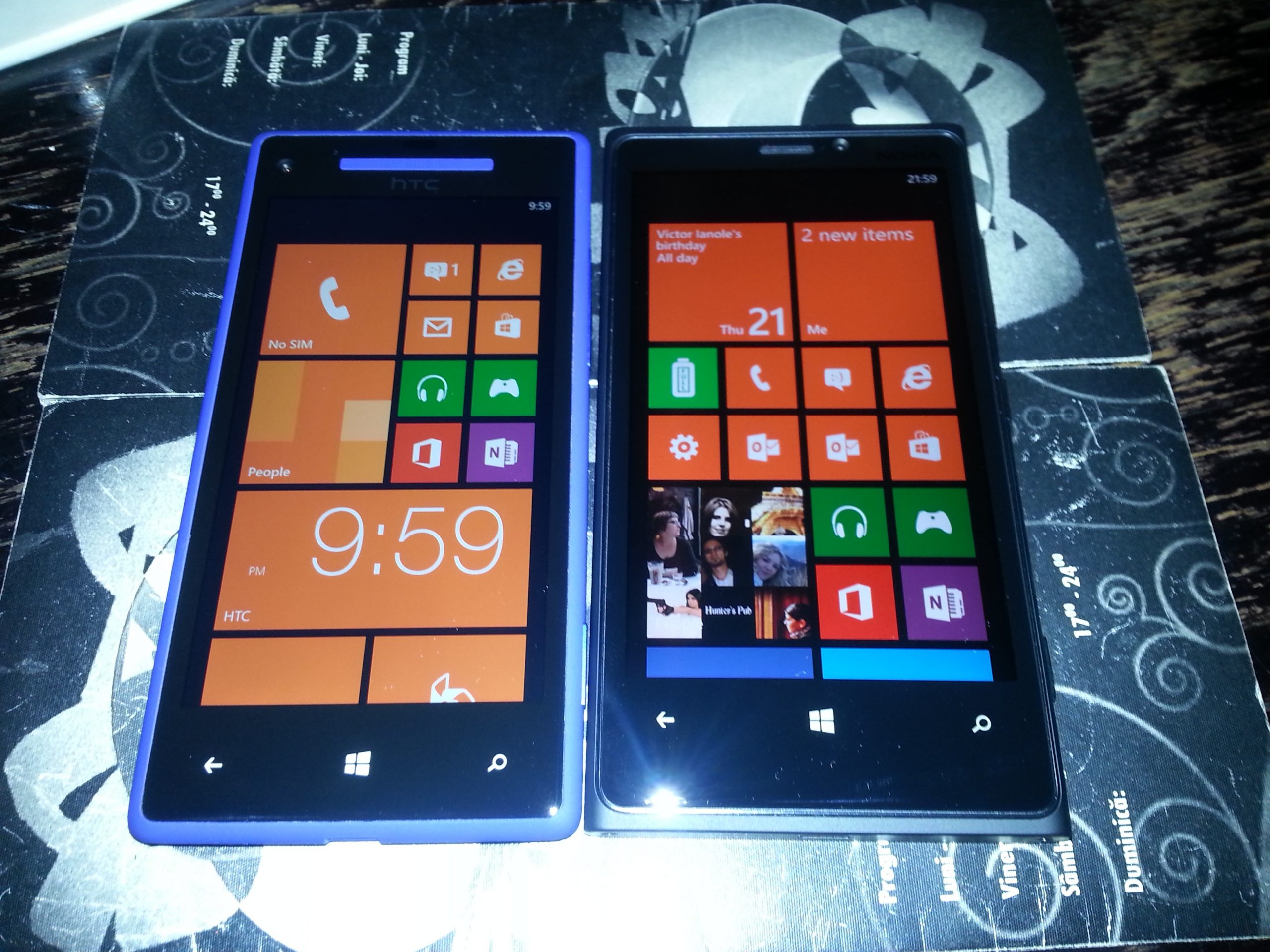
HTC Windows Phone 8X vs Nokia Lumia 920
Born as two flagship devices built on the Windows Phone 8 platform, the HTC Windows Phone 8X and the Nokia Lumia 920 could not be much further apart in delivering two polarizing user experiences. In boxing terms, Windows Phone 8X is the light flyweight and Lumia 920 is the super heavyweight, fighting each other with two different software and hardware skill sets for the "Best Windows Phone 8 smartphone" title.
But this one is a tough nut to crack as there are many aspects to consider. Price, performance, build quality, software and hardware features, dimensions, weight, look and feel, color trim, among others, are all very important when choosing a device that will likely be alongside you for two years. So without further ado, let's pit the two against each other and see how they stack up.
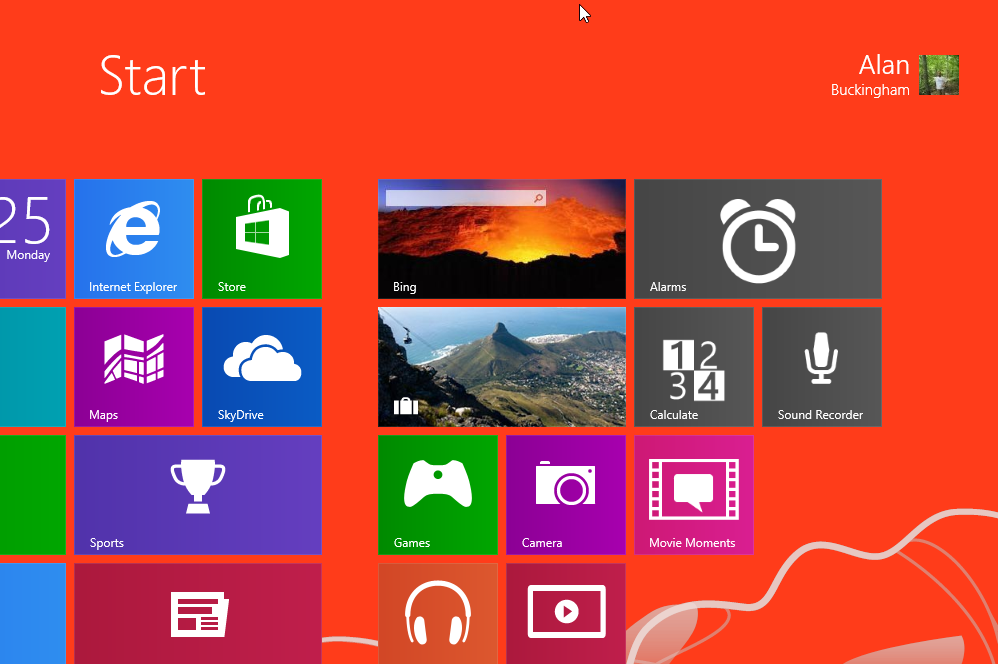
First look: Windows Blue build 9364
When I was growing up one of my parents' favorite expressions was "do as I say, not as I do". The old adage likely rings true in this case as well. You see, as a rule I don't recommend downloading files from BitTorrent, as you are just as likely to get a virus as a legitimate program, movie or song. That applies to leaked files especially.
But, there are legitimate reasons for the sharing service -- upcoming artists share music, Linux shares distros, even producers have distributed movies in this way.
What I really think about Google Chromebook Pixel
Second in a series. Fourteen days using Google's first computer, my decision is made: I would buy one and will someday (taxes are brutal, so my options are limited short-term). I firmly believe that most buyers willing to spend $1,299 (32GB WiFi) or $1,449 (64GB 4G LTE) will be satisfied with Chromebook Pixel. That's because I presume they wouldn't dole out that much without really examining how the computer would fit their lifestyle; also, Google seeks the same people coming from Windows who might buy MacBook Pro 13-inch.
Seven days ago, in my first-impressions review, I looked at the overall experience and price benefits from the perspective of hardware. Here, I start to answer larger question: Can Pixel be your main and only machine? For most people, the answer is an unequivocal "No". But "most people" isn't Google's target market.
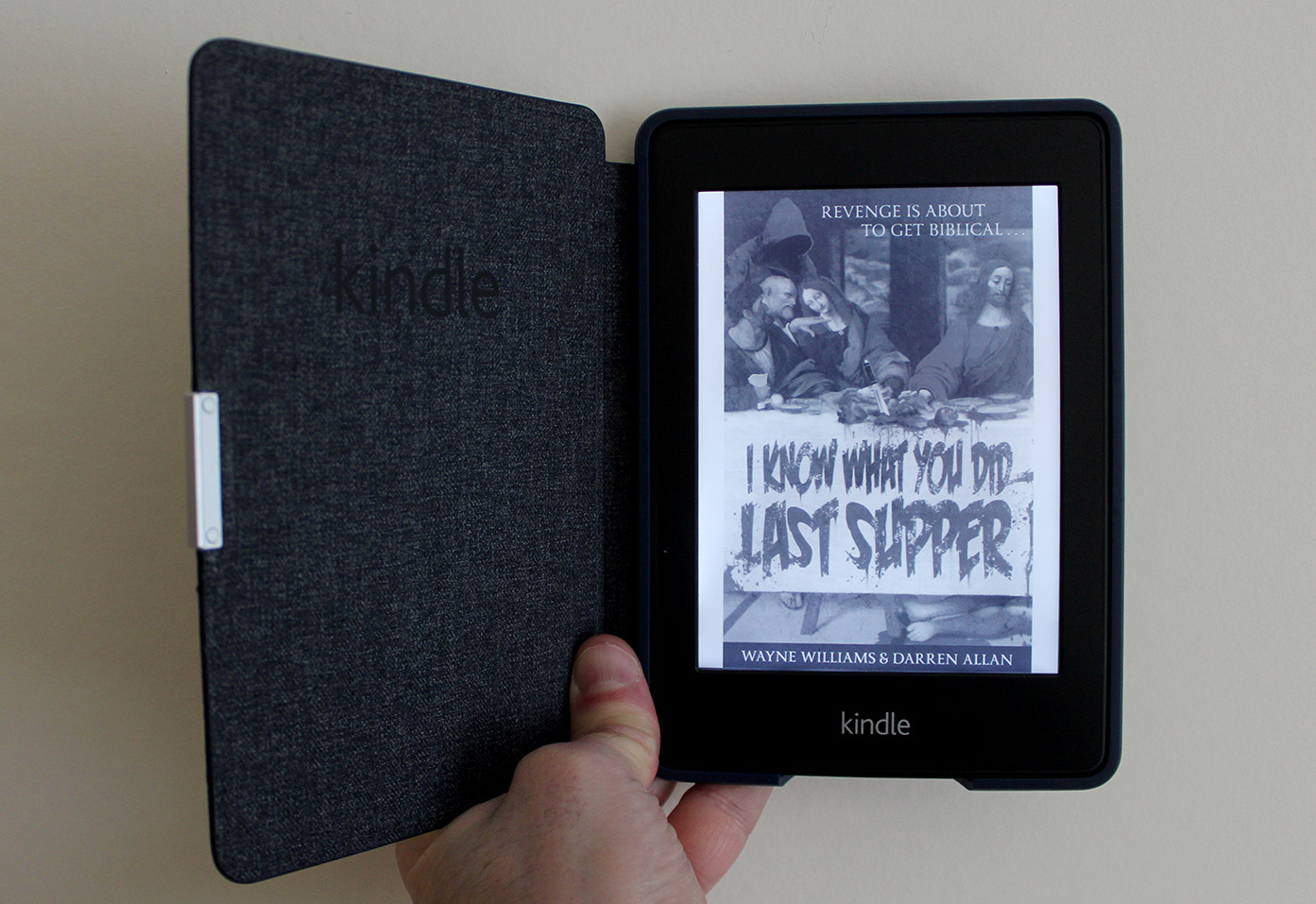
Kindle Paperwhite is my new favorite gadget [Review]
When I wrote Why I Love Kindle back in February I said I was intending to upgrade to a Kindle Paperwhite soon. Three weeks later, timed so I can buy a Kindle copy of my own book (my publisher only supplies free paperbacks), and that’s exactly what I’ve done.
The Kindle is one of those very rare devices that you don’t really need to upgrade. New features, an improved screen, touch support – it’s all well and good, but when you’re reading something you’re pretty oblivious to anything other than the words on the page. Or rather the screen. That said, moving to the Paperwhite from a second generation Kindle is a huge leap forward.
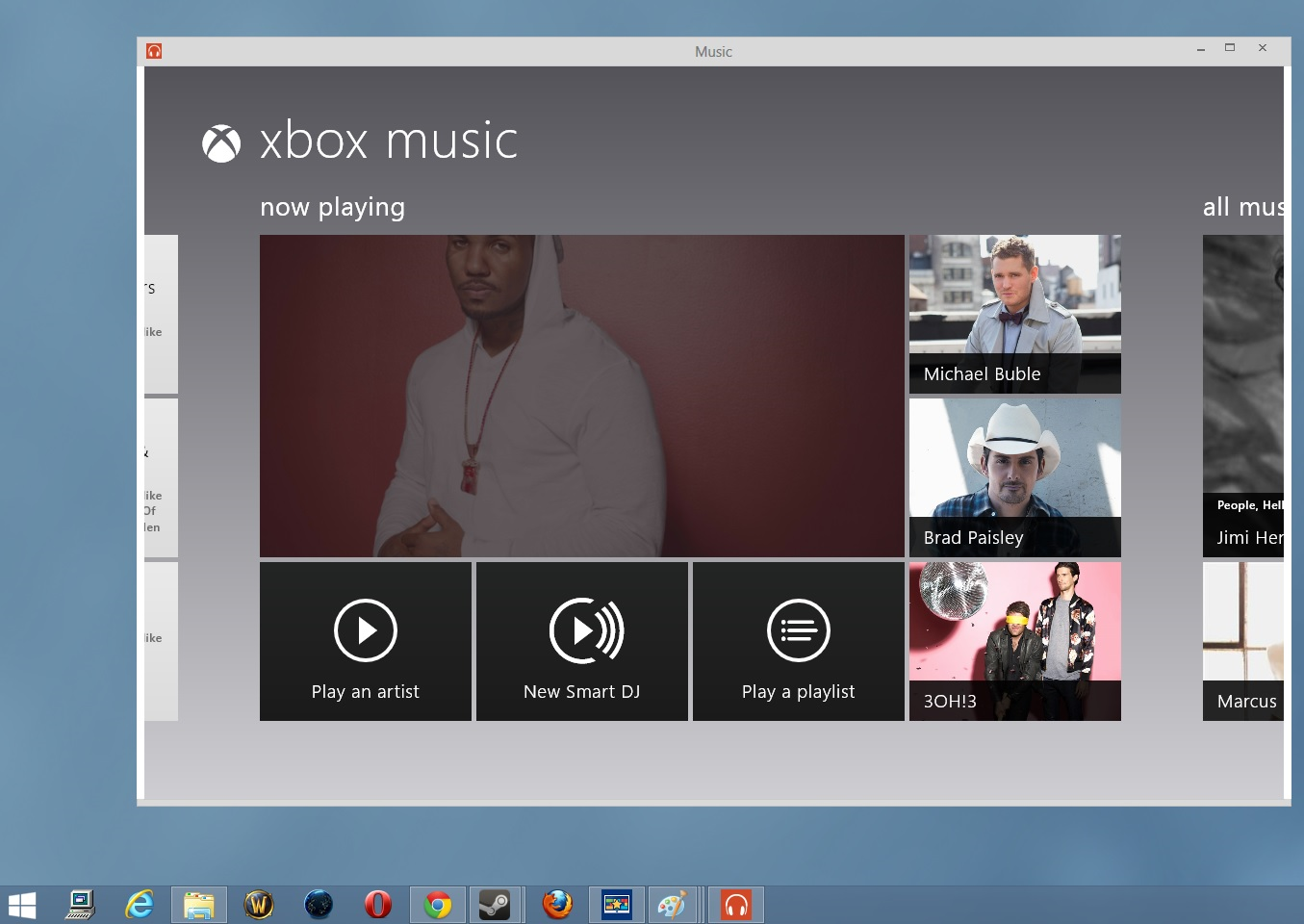
Stardock ModernMix makes apps as usable as desktop programs on Windows 8 [Preview]
Windows apps that you run on Windows 8 are limited to the Start screen environment by default. Here you can run them in full screen, or attached to a side of the screen so that they use 1/3 or 2/3 of the screen. What you cannot do is run them in windowed mode on the desktop.
Attempts have been made in the past to bring that extra functionality to Windows 8 in the form of third-party applications. One of them, RetroUI Pro does so, but the implementation is fairly limited.
Is Chromebook Pixel worth spending $1,299? [first-impressions review]
First in a series. Chromebook Pixel is an enigma. A misfit. Some critics call it a miscalculation -- that Google created a pretty kit that offers too little value for the high price. For sure, $1,299, or $1,449 for the model with LTE, is more than most people pay. According to NPD, the average selling price of laptops at US retail was $640 in January.
But some people do pay more. Apple laptops start at $999 and, according to NPD, the ASP was $1,419 last month. Unquestionably, I see Chromebook Pixel as priced against Macs, and after using Google's laptop see it targeted at the same professionals who value Apple notebooks. The question any potential buyer should ask: Is Pixel worth spending as much as Google asks? I will answer that question in several parts -- this initial review is first.
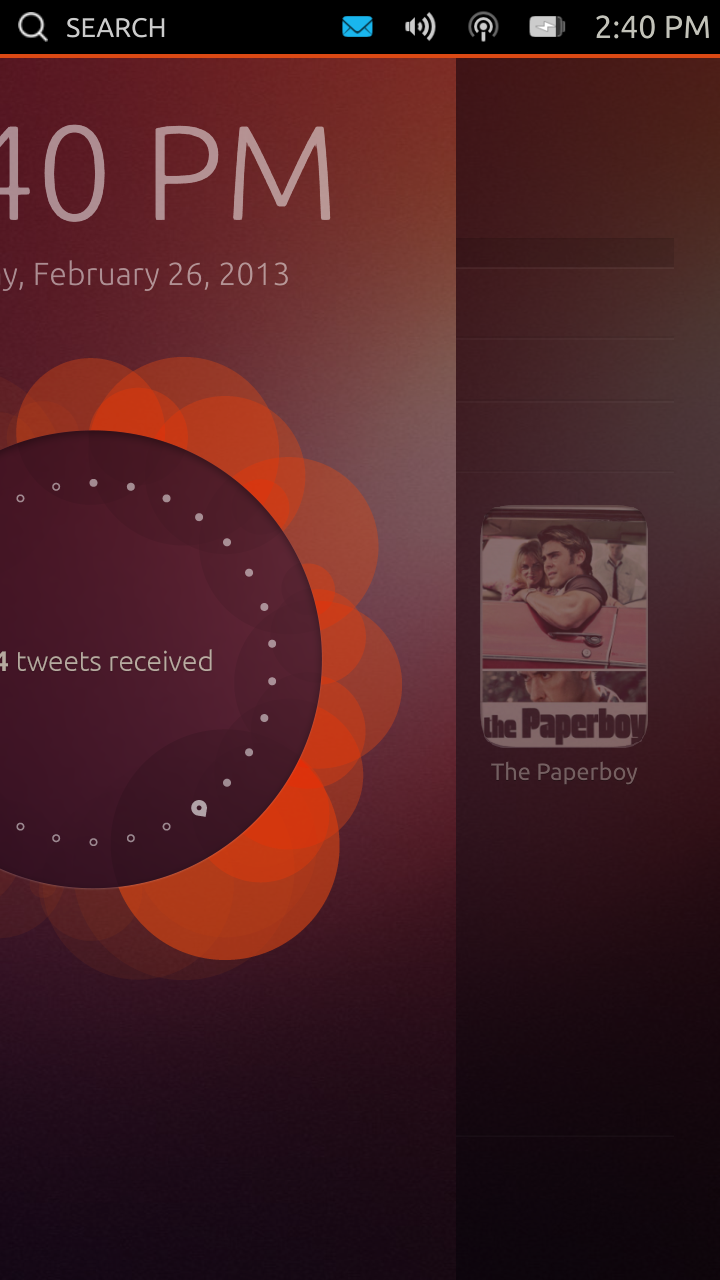
Ubuntu Touch -- interesting concept that needs work [preview]
The concept of Canonical taking a stab at the mobile market eludes me. Unless we want to split hairs, which I know will happen, Android already is the Linux ambassador across the globe, so why would the world need Ubuntu Touch? Furthermore, any new player starts out with a clean slate, which means many consumers will be skeptical at purchasing devices running the new operating system and therefore developer interest does not surpass a low threshold.
The PC market is not what it used to be a couple of years ago when people rushed out to buy new computers, rather than tablets or smartphones first. In some ways Canonical right now is Microsoft before Windows Phone and Windows 8 -- an important player further heading into obscurity down the road unless the boat steers in the right direction. Ubuntu Touch is supposed to give the world a breath of fresh air, the X factor that would sway enough people into switching from Android, iOS, Windows Phone or a feature phone, even.

Spanning takes the crown for Google Apps backup services [review]
The competition in the Google Apps backup market is steadily ramping up, with more than a few contenders jumping in lately to have a piece of this newfound need. Just two months ago, I wrote about my (mostly) positive thoughts regarding Apps backup provider Backupify. But in order to do the competition justice, I decided to give the other popular alternative Spanning a run for the money.
Your choices don't stop at Spanning and Backupify, in case you're wondering. Google stepped into the backup arena with its first party Vault solution earlier last year, which takes the crown for being the most integrated option (for apparent reasons.) Some of the junior vendors in this space also include CloudAlly and SysCloudSoft. These two latter providers try to edge out Spanning and Backupify with better pricing, but they are not yet as established so it is tough to judge them on cost comparison alone.

Should you buy Microsoft Surface Pro?
Microsoft's flagship tablet running Window 8 Pro goes on sale in Canada and the United States on February 9. The device is the most-important released to date running the operating system, for what it seeks to accomplish and means for Microsoft. Critics call Windows RT a failure (I disagree). Distribution is the problem, if any, and that's easily remedied.
Still, RT badmouthing puts Pro perceptions in a bad spot. Microsoft's public relations team responded by getting devices out to reviewers and setting an embargo of 9 pm EST February 5. So four days before launch, a bunch of reviews exploded across the InterWebs around the same time. Younger reviewers from trendier tech tabloids tend to talk up Surface Pro while older fogies and those from more consumer pubs are more hesitant. I'm among the few old farts who get Surface and what Microsoft strives to achieve here. Then, again, I've covered the company for a long time.
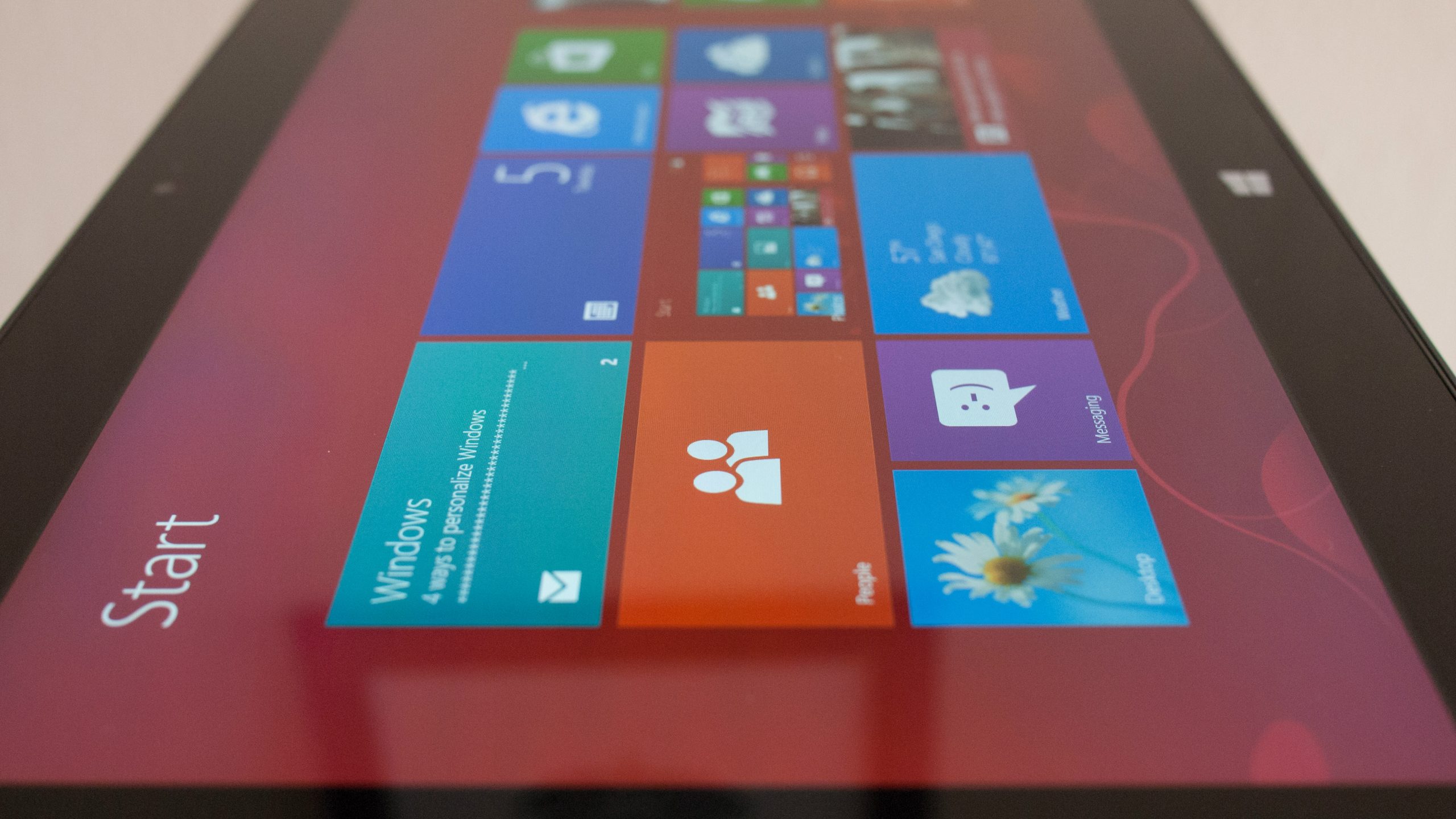
Surface Pro first-impressions review
Surface Pro is magnificent. A classic. It's the Windows experience you longed for but were denied. The tablet is a reference design for what -- and what not -- Microsoft OEM partners should achieve. The device is the past and future, pure personal computer and post-PC. Simply put: Surface Pro is jack of all trades, both master of many, and (gulp) none. Capabilities astound, yet quirks abound. But even they are endearing, giving Windows 8 Pro personality and dimension.
For the past five days, I've had the privilege of using Surface Pro, which goes on sale February 9, as my primary PC. That's not enough time to fairly evaluate the tablet, which is why I write a first-impressions review. I'll add much more as my month with the device progresses. For now, I will share my early reactions, while offering context about Microsoft's objectives for the product and how well it achieves them. Unquestionably, Surface Pro isn't for everyone. But it could be for you.
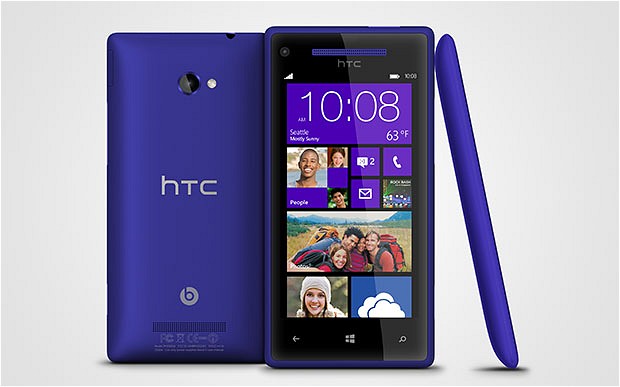
HTC Windows Phone 8X -- Purple madness [Review]
The HTC Windows Phone 8X is a smartphone that you will either love or not want to touch even with a 10 foot pole. Part of the arguments for and against it stem from the operating system of choice, Microsoft's latest (and greatest) Windows Phone iteration. Sure, the device has good build quality and the software is fluid and responsive, but the app selection is currently lacking compared to rivals like Android and iOS. So where does one draw the line between success and failure?
I've been using the Windows Phone 8X for almost two weeks and the early impressions are still on the positive side. In my initial review I touched on a number of points that I found revealing for my brief time with it, but the real test is how the Windows Phone 8X fares over a longer period of time. My main and initial gripes concern the limited app selection and general usability issues of Windows Phone 8 when coming from the stock flavor of Android 4.2 Jelly Bean. The real question is this: Is it good enough?

HTC Windows Phone 8X -- positive first impressions
Before anyone labels me as an Android fanboy, let me tell you this -- I like Windows Phone 8, I like it a lot. Even though my smartphone of choice is the Google Galaxy Nexus running either of the two Jelly Bean iterations, Microsoft's mobile operating system has always appealed to me, especially the latest iteration which is by far the best of the bunch. I’ve always wanted to review Windows Phone 8, but there was one big problem -- I couldn't get a review unit for an in-depth look at it. So I did what PR folks were not expecting -- I bought an HTC Windows Phone 8X.
So why the Windows Phone 8X? There are not many devices running the new OS at the moment, but in my part of the world the selection is even more limited -- HTC is the only manufacturer that currently sells a Windows Phone 8 smartphone. The price is also very attractive at EUR479 which is marginally less than what the Samsung Galaxy S III goes for, for instance. By contrast the Nokia Lumia 920, which is not yet available locally through official channels, costs more than EUR700 at major retailers, a price difference that I cannot justify at all. So, as you can imagine, the Windows Phone 8X is my one and only choice.
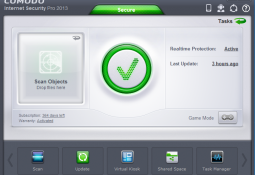
Comodo Internet Security Pro 2013 [Review]
What do you really want from a security suite? Most companies appear to believe the answer is "as many features as possible", and so they’ll cram their products with as many vaguely security-related tools as possible, in the hope that the sheer weight of functionality might win you over.
Comodo Internet Security Pro 2013, however, takes a very different route. There’s no spam filter here. No parental controls, or backup tool. And it won’t add warning icons to your web page search results. Instead, the program concentrates very much on the core security basics: detecting and removing known malware immediately, while preventing even brand new threats from causing any damage.
